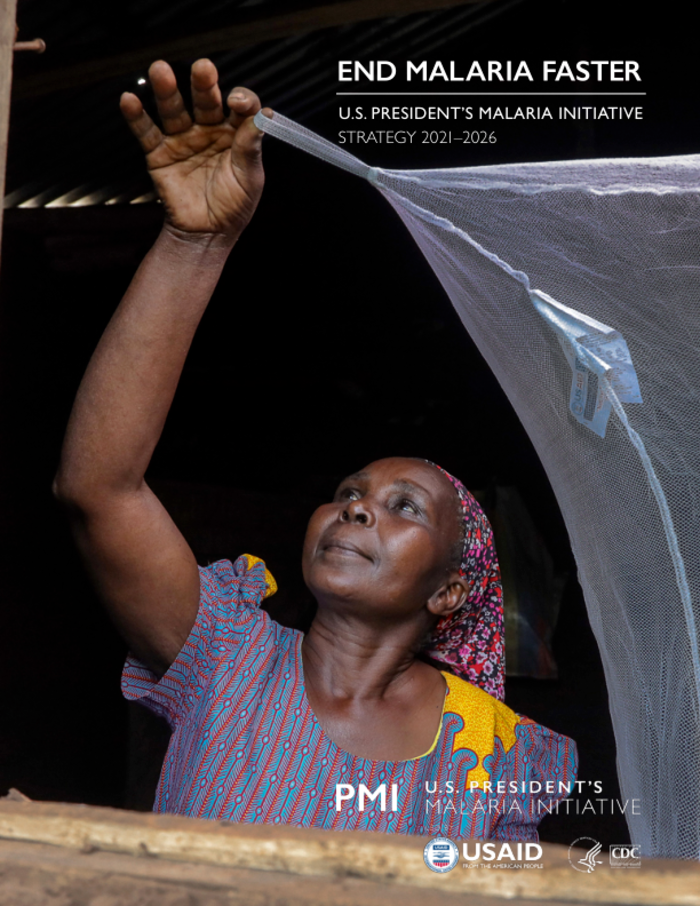Last Updated: 12/12/2024
PMI Insights
Objectives
The PATH-led PMI Insights Consortium is a multidisciplinary partnership that designs and implements program evaluation and operational research studies for the US President’s Malaria Initiative in partnership with in-country research institutions.
London School of Hygiene and Tropical Medicine (LSHTM), United Kingdom
Tulane University, United States
University of California San Francisco (UCSF), United States
Abt Global, United States
Broad Institute, United States
Harvard T.H. Chan School of Public Health (HSPH), United States
Imperial College London, United Kingdom
Malaria Atlas Project (MAP), Australia
Ifakara Health Institute (IHI), Tanzania
Centre of Research in Human Reproduction and Demography (CERRHUD), Benin
Modeling malaria commodity needs: diagnostics and drugs
Evaluation of PMI supported supportive supervision for malaria case management
Data analysis to guide CHW program expansion
Malaria rapid diagnostic test capture and reporting assessment (MaCRA)
Program evaluation of the community health volunteer peer supervision model in Madagascar
Senegal Care-seeking Behavior Study
Evaluation of the interpretation and reporting of malaria RDT results with PMI Insights
In a time of stalled progress and multiple threats to effective malaria control, national malaria programs (NMPs) and their partners need clear guidance on best practices for control and elimination, achieving and maintaining high levels of coverage, and deploying new tools and approaches. Data from operational research (OR) and program evaluation (PE) efforts can help address delivery challenges and assess how program activities could be modified to improve coverage and impact. The current approach for identifying OR and PE priorities varies across malaria endemic countries. Many countries have processes in place to define their own set of research priorities for malaria control and elimination. However, there have been limited opportunities to identify and coordinate pressing issues that have broad relevance and that, if addressed, could potentially have substantial impact across several country programs. Given the limited resources for OR and PE, providing a platform for bringing together malaria endemic country stakeholders, donors, and other key implementation partners to openly discuss and prioritize research priorities has the potential for improved collaboration, coordination, and efficiency of research efforts. Ensuring more cohesive and inclusive approaches to prioritizing, generating, and sharing such research and evaluation data will be essential to enable the global malaria community to stay on track to meet goals and targets for malaria burden and mortality reduction as defined in the World Health Organization’s (WHO) Global Technical Strategy for Malaria 2016-2030 and the Sustainable Development Goal 3. Policy, strategy, and operational decisions must be grounded in evidence to reignite gains and accelerate progress toward these goals.
Given this critical need, the US President’s Malaria Initiative (PMI) has funded the PMI Insights Project (PMI Insights), which is a multidisciplinary partnership with the mandate of generating and catalyzing the use of OR and PE evidence to inform malaria program decision-making. The specific goal of PMI Insights is to provide strategic information that will improve delivery and coverage with the most appropriate mix of new and existing tools and approaches to contribute to reducing malaria burden and accelerating progress toward elimination.
Oct 2020 — Sep 2025
$30M
